Among the various components of the emerging augmented reality space, the most lucrative is the advertising market. The prospect of turning every object, every location, ever signpost in the real world into a discount code or virtual transaction interface is why AR will ultimately be more profitable than VR.
But as the foundations of this new era are being laid, some are rushing to secure their space via technological and legal means. The latest is Seek, a Utah-based company that recently secured an AR patent that could fundamentally impact hundreds of companies in the years to come.
• Don't Miss: How Snapchat Lens Creator Audrey Spencer Is Bending Reality on Your Smartphone
The patent is US Patent 10,839,615 and is described as "systems and methods for generating and intelligently distributing forms of extended reality content and gives Seek exclusive rights to the distribution of any single 3D model across two or more combinations of platforms, browsers or devices."
At first reading, this patent sounds fairly troubling. If one were to take the wording literally, it would mean that nearly any company distributing AR content via the internet could fall subject to Seek's patent control. Seek, which mostly appears to deal with immersive advertising and marketing campaigns, further outlines its product as an all-in-one solution for distributing 3D assets across platforms.
"Previously, 3D content would need to be individually converted based on its destination, hindering widespread adoption," reads Seek's product presentation statement. "Seek's system can automate the distribution of 3D content standardized for an entire cross-channel marketing campaign, making Seek's streamlined process a necessity for those using AR within their online advertising."
However, with so many small and large firms already operating in the AR advertising space, the prospect of Seek somehow taking ownership of these processes seems, well, not entirely enforceable. The broad-sounding patent brings to mind the patent granted to Amazon a few years ago that covered images shot against a white studio background. The patent was granted, but clearly not very enforceable, given the millions of such photos already on the web…that is, unless Amazon decides to pick a particular "patent infringer."
Similarly, it seems unlikely that Seek, which has garnered roughly $7 million in investment since its launch in 2016, would realistically be able to wield control over an AR advertising market that is already in full flight. With that in mind, I decided to talk to Seek's CEO, Jon Cheney, to get his take on exactly what that patent means, and what he sees coming on the AR horizon in general.
Next Reality: Is this patent meant to protect just your technology and your methodology? Or is this supposed to also be used to pursue anyone attempting to do what seems to me to be a very straightforward, broadly used technique for distributing AR assets across various platforms?
Jon Cheney: The primary purpose of patents, in our view, is to really protect. We want to protect our customers. We want to protect our investors, our stakeholders. We want to make sure that they know that we have taken the time to not only build the best product and best solution out there, but we've taken the time to protect it and secure it and make sure that they're not going to invest in something that disappears because the long term vision wasn't protected.

Seek CEO Jon Cheney
There are lots of startups popping up all over the place. And I can tell you, it's not our intention to go out and play patent terrorist and try to just mess with people. We don't want to do that by any means. But we do look for opportunities to partner with people. We know that there are people that do want to get into this space. We have a lot of partners that actually resell our product, they come to us saying, "Hey, we can do what you guys do." And then it turned out that really they would just focus on 3D models, and they would use some out-of-the-box ARKit viewer or ARCore viewer, something that Google provided, and that's how they would deliver their product. But then they would see that Seek actually has a real system behind this that can do a lot more than those out-of-the-box solutions that anyone can just kind of whittle together. We have spent the time to really fill in the gaps and make this something that is scalable in deployment, and that's really what we're protecting with our patents,
Next Reality: What I'm trying to distinguish here is, if I create a soup-to-nuts solution for creating and uploading AR advertising assets for clients as an "all-in-one solution," my assumption, the way I'm reading it now, is that you're attempting to try to protect that process. On the other hand, if I just, bit by bit, as an immersive advertising agency, create these assets, upload them, and make them available through various platforms, working with various clients, I'm assuming that what you're saying is that you're "not" going to go after that firm because they're not selling a soup-to-nuts, all-in-one solution. Is that is that correct?
Cheney: That is correct. And while they technically would be infringing on our patent, we don't intend to go after that type of a thing. What we really would hope to do is make sure that our product is the one they're using by positioning ourselves well and developing relationships with those agencies. And, quite frankly, putting the best product on the market.
Next Reality: You said you have no plans to go after those people, but here's the thing, if said agency gets bigger, or if said agency does really well, and it's acquired by a larger agency, which happens all the time, it sounds to me like, in that case, you might feel obligated to pursue that, correct?
Cheney: It's really difficult to put a blanket statement down. The world is a big place. There's a lot of room for everybody to play in this sandbox. Augmented reality is a very fast-growing market, you're keenly aware of that. And so, no, again, our goal is not to sit here and say, "Hey, let's just let's just wait until they hit a billion dollars, and then we go after them and sue them for $100 million." That's not the strategy here. What we've done is put in place this strategy that protects us first, that's the primary thing. We don't want anybody coming after us for doing what our core business model is. And so we protected ourselves through the patent.

An illustration of one component of Seek's AR system
Next Reality: So let's take Google, for example. They have begun rapidly rolling out AR in their search product. Now you have the animals in AR, and there are now makeup AR advertising effects you can use through Google's YouTube product. What they're doing, because it happens on smartphones and your web browser, seems like it might fall within your patent range.
Cheney: We are actually are close partners with Google. Let me just put it this way, we have creative licensing ways to deal with these things. Again, we really prefer to partner with companies and help them continue doing what they're doing, and then add to what they're doing. That's really our approach.
Next Reality: Well, maybe maybe I'm misunderstanding something. What I'm saying is, what Google is doing now, because what they're doing is advertising through AR on multiple platforms… I may not be understanding something because it doesn't sound like you're terming Google as someone who is as currently violating your patent.
Cheney: I'll be very clear. They are absolutely are, in multiple ways. They are in their AR viewers, their cross-platform AR viewers, if you look at claim 10 in our patent, it basically says you take a 3D file and you put it on more than one platform, you're infringing. Game Over. And so they are. Is the right approach to go and sue them and pursue legal action that way? Maybe, maybe not. But the first approach that we're always taking with all of these partners and other people in the market is we're going to say, "Let's work together," let's figure out how to co-exist.
Next Reality: Let's look toward the future of AR in general. Looking at everything we currently know, including rumors about Snap developing AR glasses, and very, very strong rumors about Apple's AR/VR smartglasses. What is your outlook, not just for those companies, but in general with regard to AR and VR?
Cheney: AR is going to transform our lives. VR is cool. It's great for training, and it's great for education. It's great for a lot of things, and the Quest 2 is awesome. I'm using it regularly, with my kids and with my wife. It's fun. But AR will change the way we do everything. I believe that, at some point, every piece of glass will be AR-enabled. Even the window you look out of in the morning, and you ask Alexa, "Hey, tell me the weather forecast," and it just comes up on your window and on a heads-up display in your car.
The thing that's going to make it really go big…there's only one company that can do it, in my opinion, it's Apple. When Apple comes out with its AR smartglasses, it will change the world. This is going to be how you run your life through this new display, this new medium. But the thing that's so great about AR versus VR is that it involves the real world. And so you have limitless options to enhance the world in whatever way you want. Other people will try to beat them, but I think Apple is going to win. They did it with this [holds up smartphone] and they're going to do it again. Maybe someone can come out and prove me wrong. I'm sure Snap and Oculus and all these other people would love to see that, but I think Apple just knows how to build a consumer product that can get mass adoption.
And they're not going to come out with something that's some big, clunky thing. It's going to be a sleek pair of glasses. It's going to look good, and it's going to look normal, and they're going to do their best to make it feel like something that every single person should be wearing. I think the smartphone will be here for a long time, because there still aren't great ways to type. So I think you're going to have multiple devices. I think people are going to have to get used to people doing things in front of their faces with their hands. Maybe there's going to be some weird shifts in how people interact with each other. But after the weirdness passes, that's how we're going to run our lives.
Cover image by Adario Strange/Next Reality









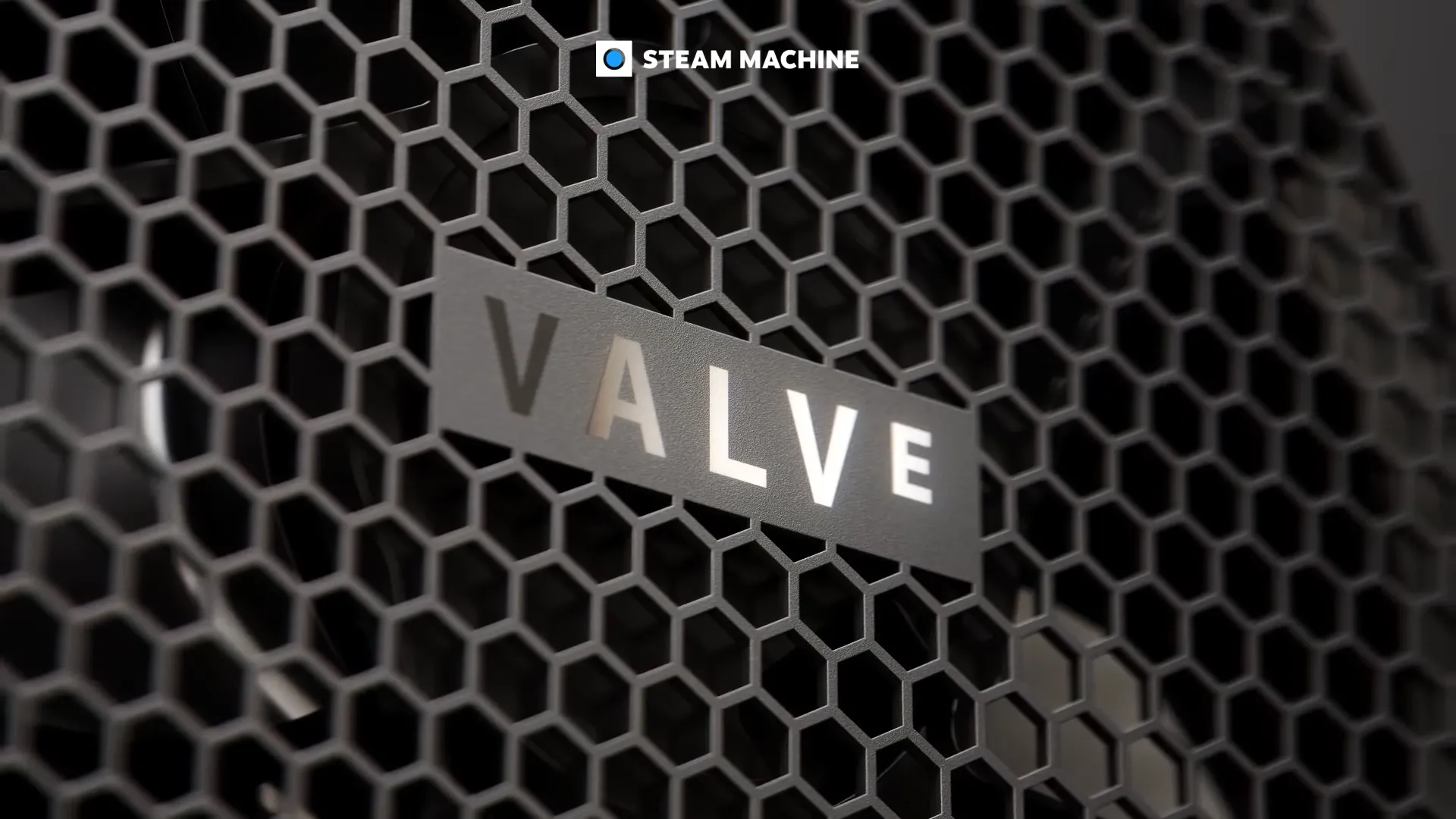
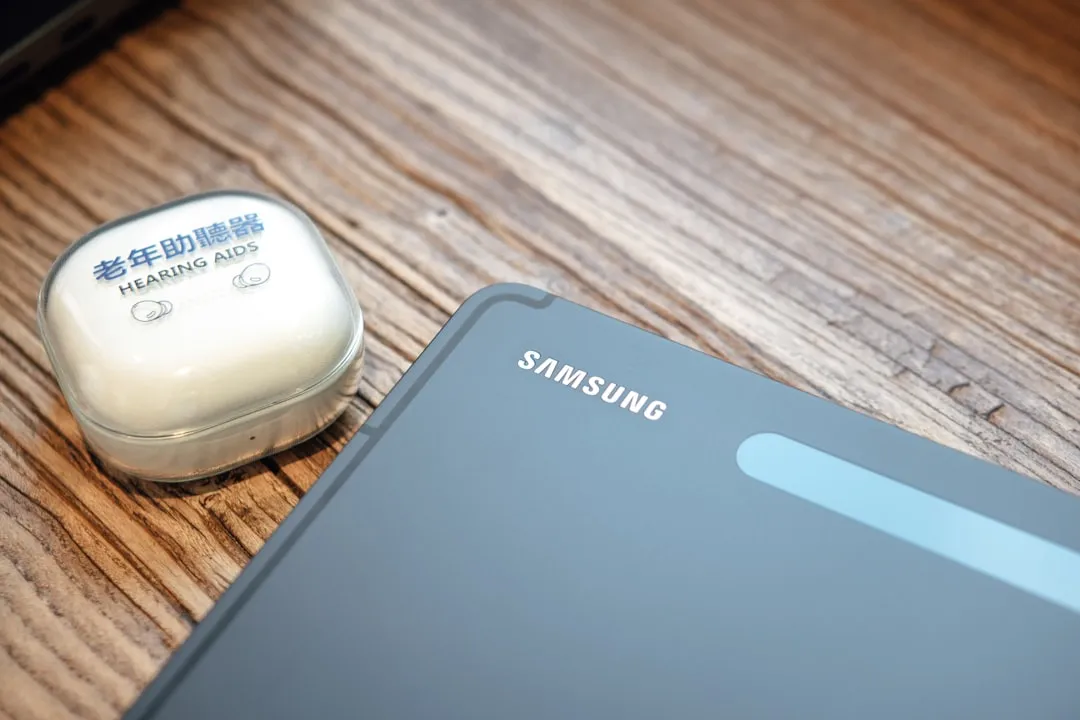







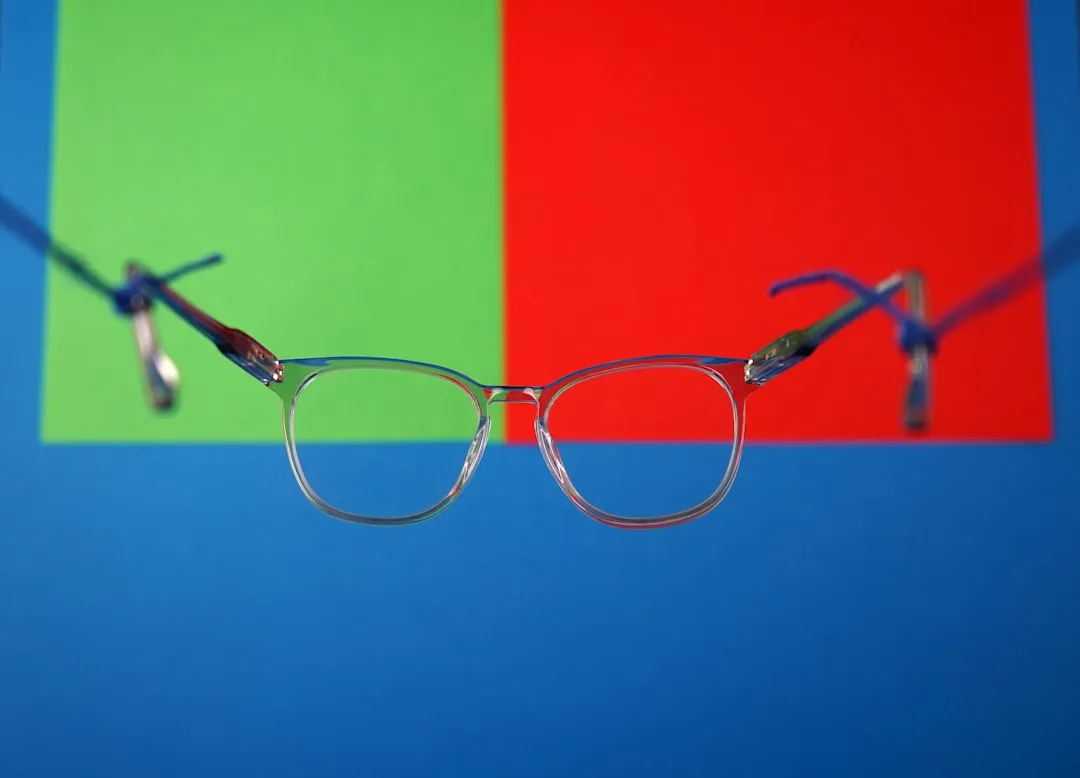




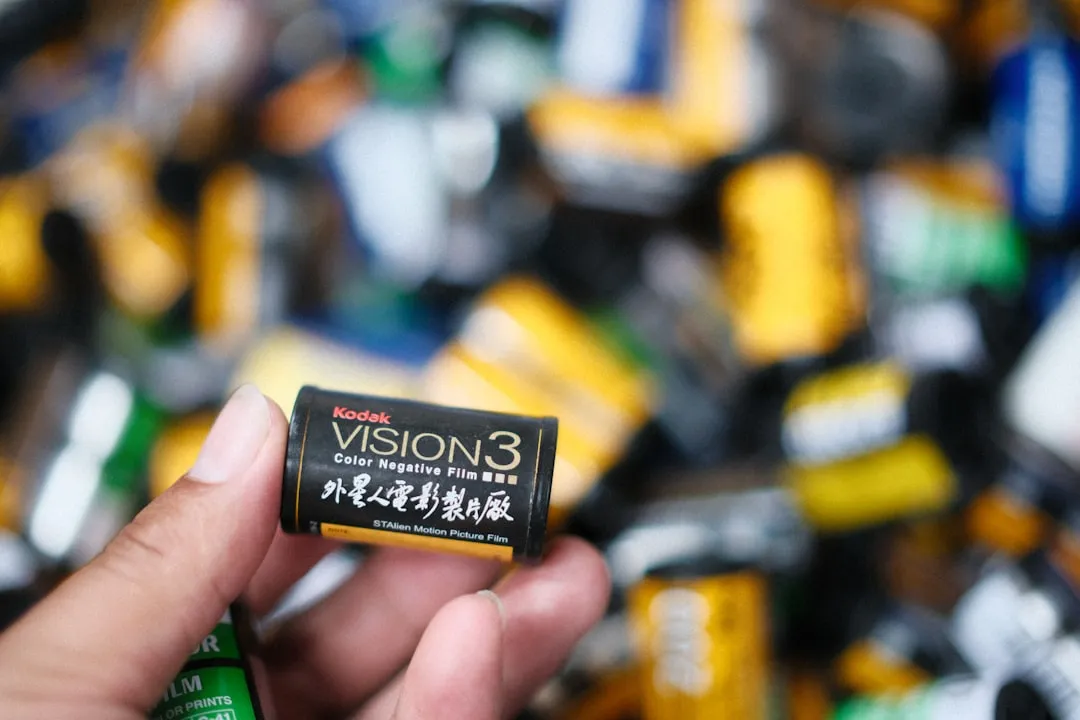
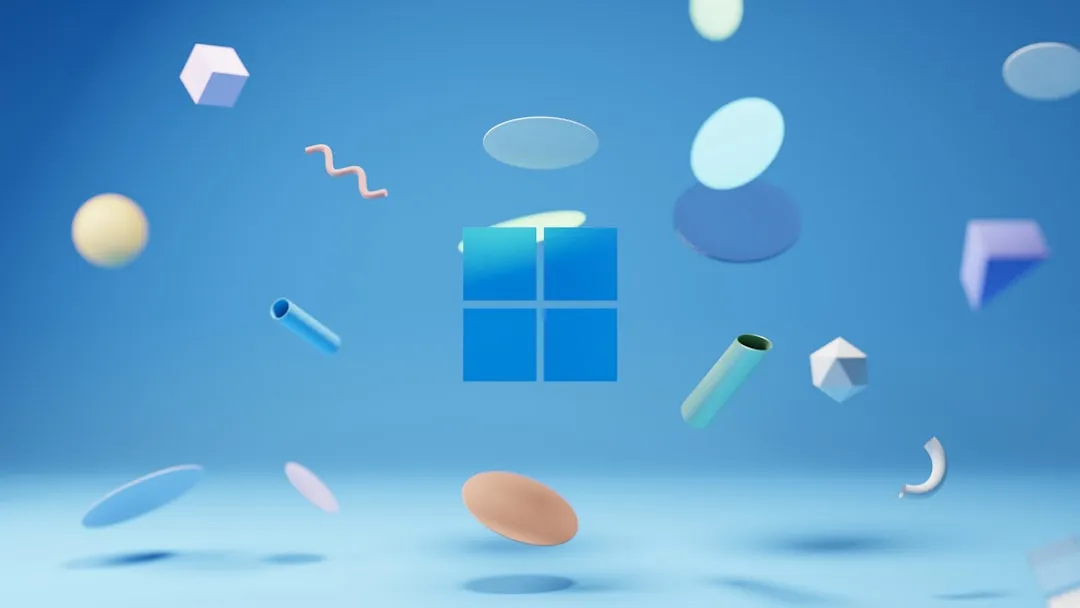
Comments
Be the first, drop a comment!